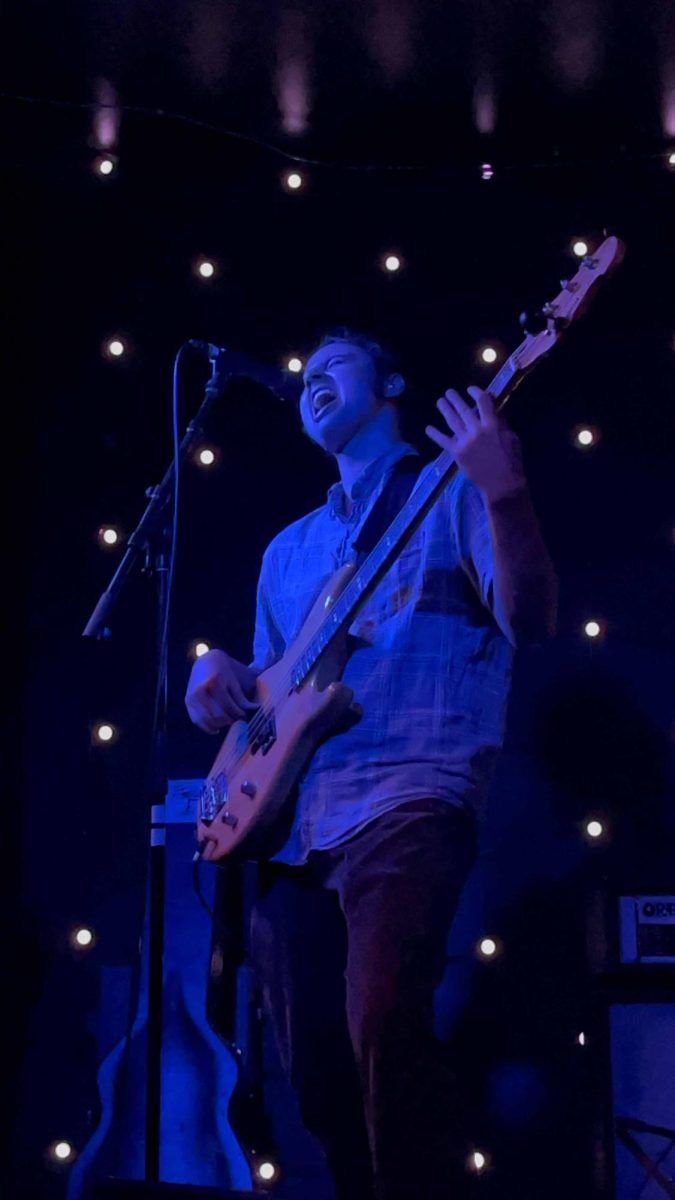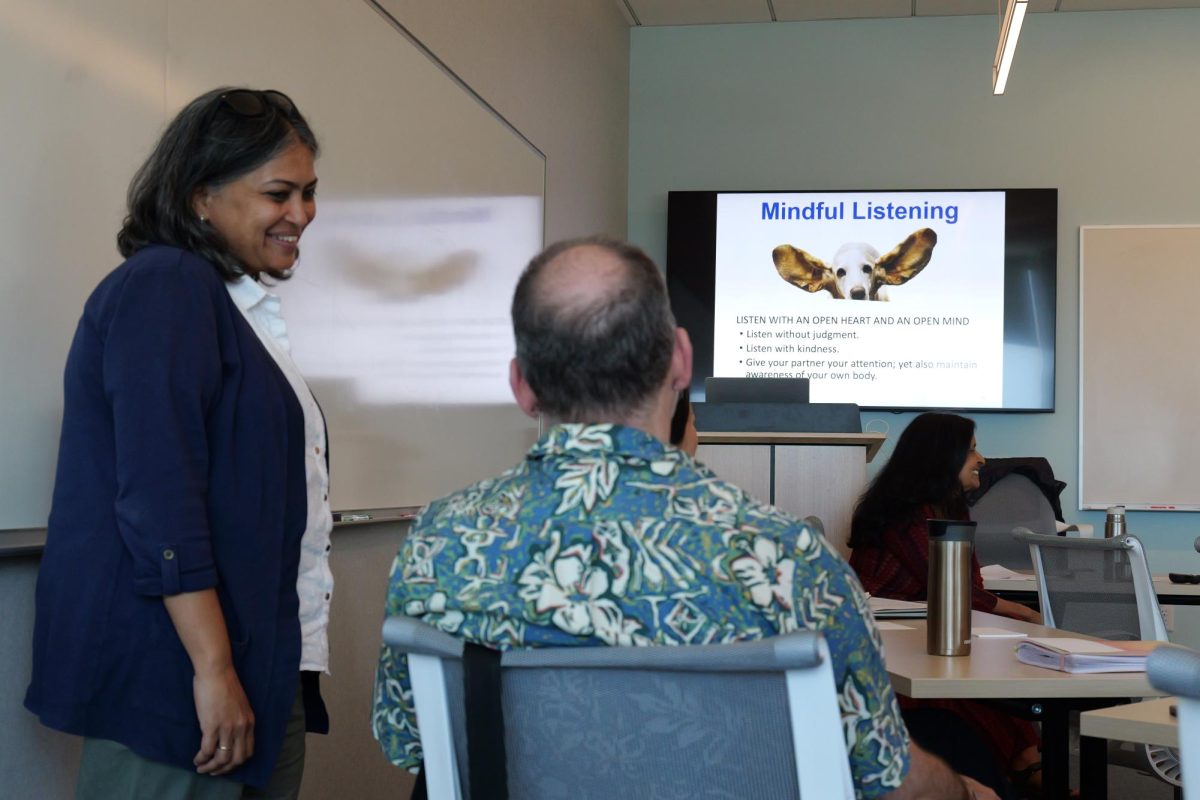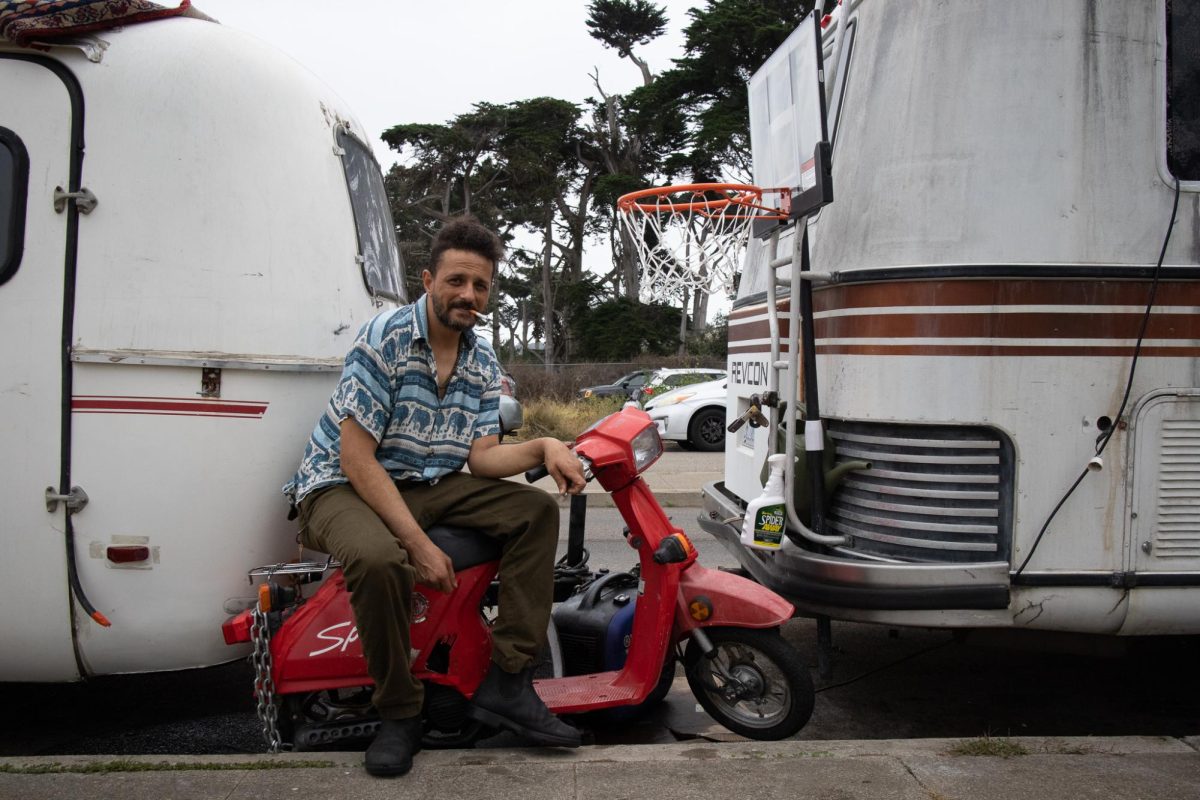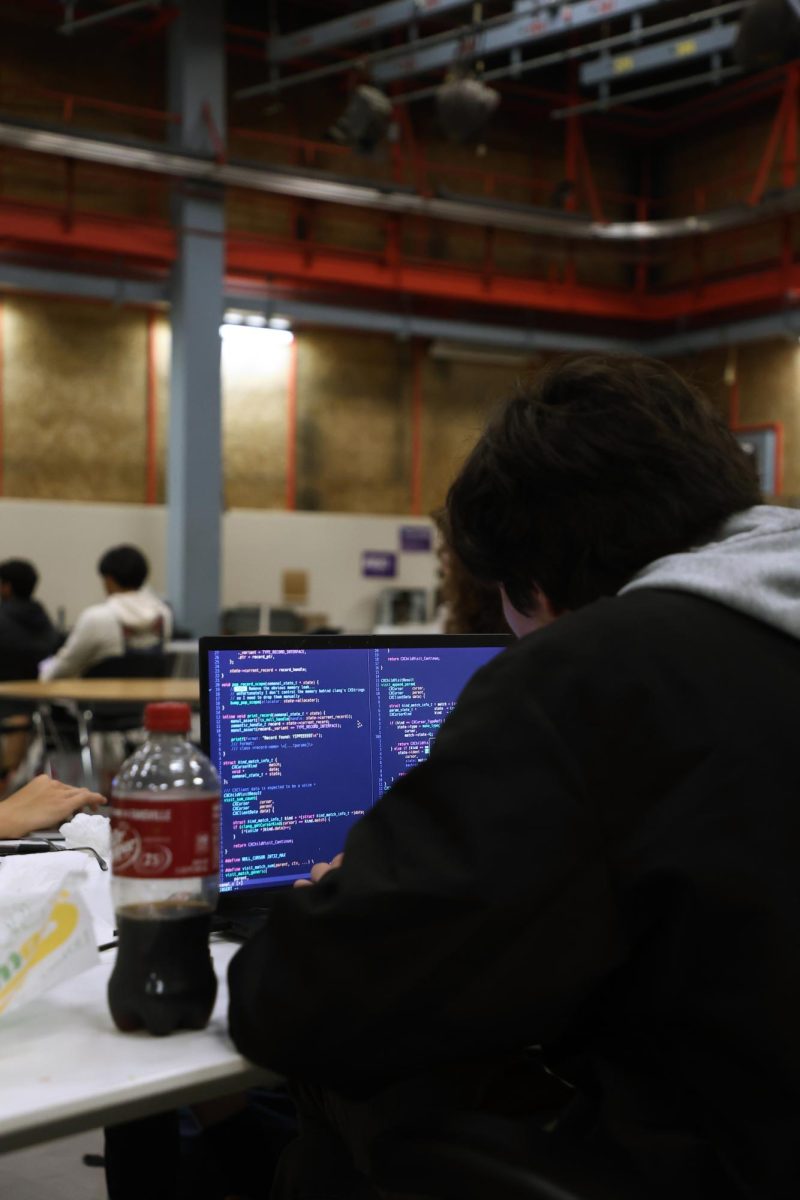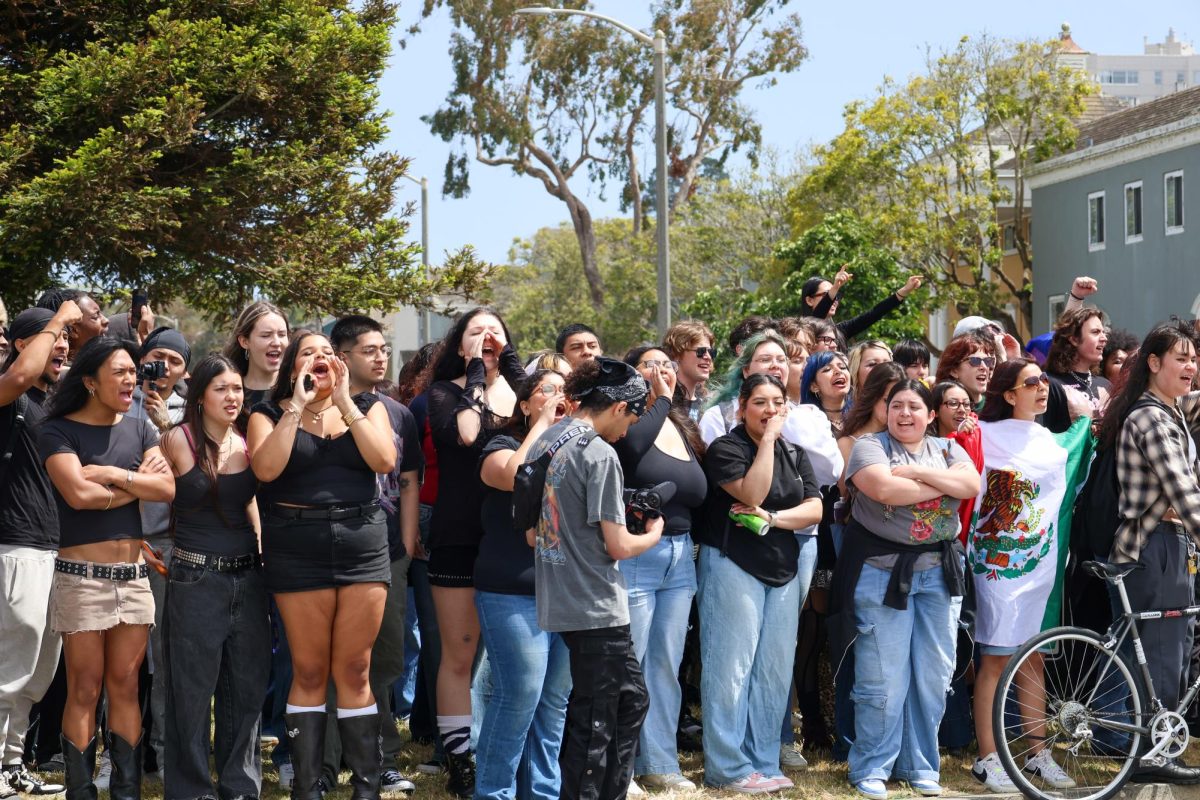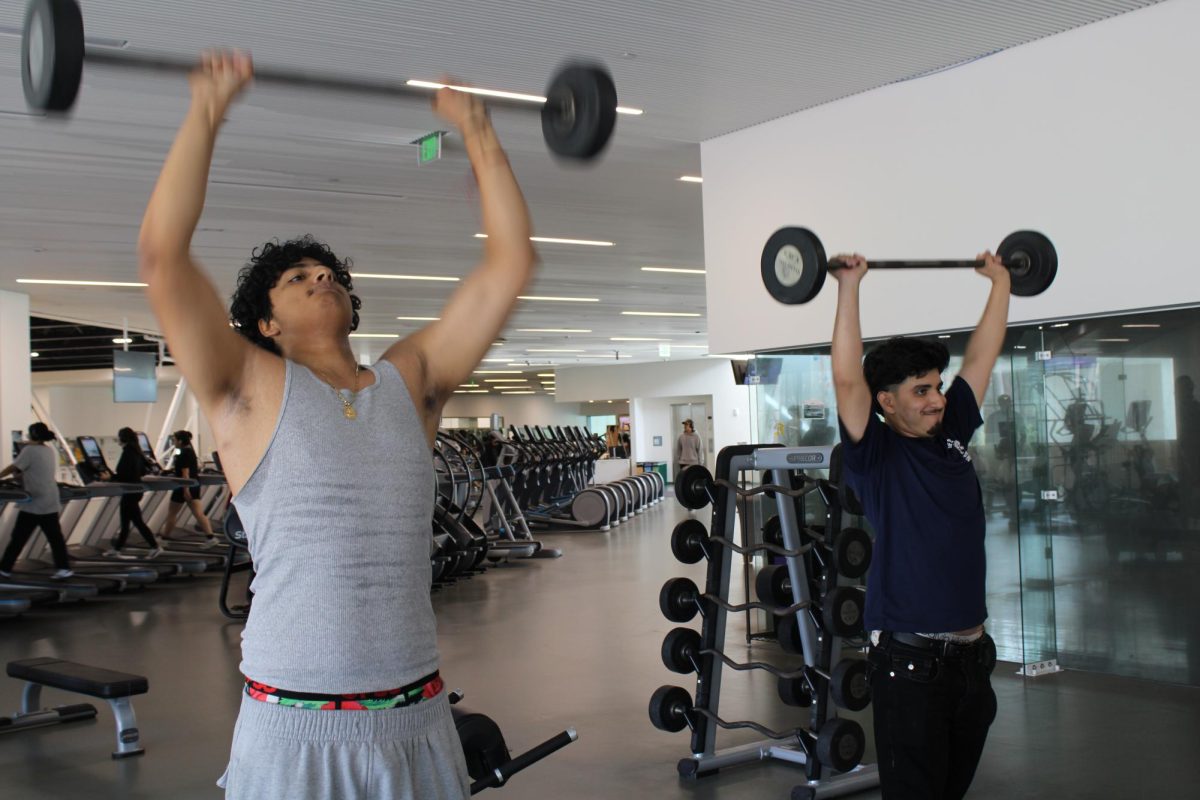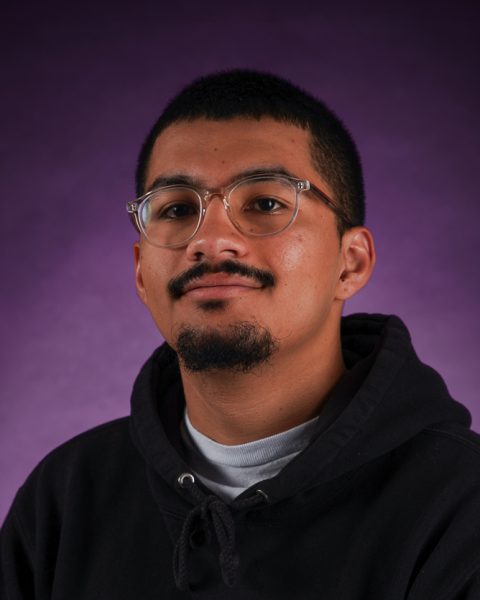For most students, college is the ultimate social experience made up of late-night study sessions, spontaneous hangouts and campus-wide events. For commuter students, those moments are often replaced by late night’s traveling home, naps in the library and the challenge of juggling school with long commutes.
Between juggling classes, jobs and traffic, finding time to connect with the campus community can feel nearly impossible. Yet, despite the challenges, events at SF State’s Richard Oakes Multicultural Center and The Depot are reshaping the commuter experience, offering a place to belong — no matter how far from campus home might be.
Adrianna Sanchez has a 40 minute commute from Dublin to SF State without traffic.
“I work throughout the week as well, so it’s even harder to be a part of any event that the school holds because I’m coming off work going straight to school and by that time, I am already tired.” Sanchez said.
Sanchez’s busy schedule, juggling work and school, leaves her with little opportunity to explore campus. The strain of managing both has limited her ability to engage with any school resources.
“This is my first year there [on campus], and I haven’t even had time to walk into the bookstore or look around the Cesar Chavez area,” Sanchez said. “It’s very hard for me to experience anything of the school. The only part that I’ve been to would be the HSS building and the library. Those are the only two parts of school that I really know.”
However, Sanchez stays connected through online events and video games during her free time.
“Whenever I do have time, I try to get on [online] or I try to connect with people through social media,” Sanchez said. “I’ll just be like, ‘hey, this is who I am. We can do this or that.’” Sanchez said.
However, balancing schoolwork and social connections remains a challenge for Sanchez.
“At the end of the day, it’s just like, I can put myself out there, but there’s just not going to be enough time, the amount of schoolwork and everything,” Sanchez said.
Another commuter student, Lily FitzPatrick, echoed similar issues, describing SF State as a “suitcase school.”
“You go on campus, you leave,” FitzPatrick said. “So it’s kind of hard to have social events here because it’s also not very social as a [suitcase] school.”

Sanchez and FitzPatrick’s experiences mirror that of many commuter students, who often struggle to balance school, work and social life. Event organizers like Starr Washington, the director of the Richard Oakes Multicultural Center (ROMC), are aware of these difficulties, and are working to create more inclusive opportunities for all students, despite the limitations they face.
Washington was recently promoted from event coordinator to director of the ROMC this past August.
“That was a big struggle for me in my past role, because I want to plan these events for our campus community, and that community definitely involves commuters,” Washington said. “But I also want to put on these events during times where I’m available.”
Event planning for students came with challenges due to work-hour restrictions. “We only can work 20 hours a week as CSU students,” Washington said. “So I would have to plan and host the events during my work hours, which I can completely understand that isn’t entirely accommodating to commuter students. So that was definitely a challenge in my past role.”
According to Washington, the ROMC is organized by only three students, adding to the issue of availability for students.
“Those hours are just what we’re able to do as being full-time students and having internships outside of the ROMC,” Washington said. “I write for Her Campus, a national magazine, as well, so I have my own commitments outside of being at AS [Associated Students]. So the hours that we have are just what we’re able to do.”
Joe Waugh, an international student from England, pointed out the issue of last-minute event notifications.
“Stuff like music events would be great, but more people need to know they’re going on in advance,” Waugh said. “I’ll see it, but the uni[versity] will post it maybe a day or two days before, it’ll be online for 24 hours.”
The international student also noted the dilemma of student-led initiatives.
“Sometimes, because of the way college is, people don’t have the time to do that as much,” Waugh said. “It’s just tough.”
While the ROMC works to create inclusive events for commuter students, The Depot, another campus hub, is also attempting to make strides in fostering a vibrant social environment.
Michelle Yang, manager of The Depot, also found connecting with commuters to be a challenge.
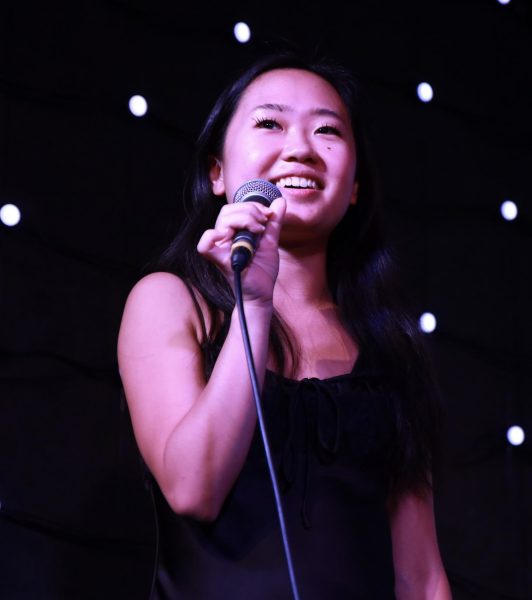
“Ever since I started at The Depot, it’s been my main goal to get a lot of people to know about this space,” Yang said. “For commuters, it’s just been a little more difficult.”
According to Yang, student feedback forms for the events are the most effective way to gather feedback on what students want out of spaces like The Depot.
“It’s really constructive, and I try to implement that as much as I can,” Yang said. “Instead of our karaoke nights being 2 hours, our karaoke nights are 3. And so far, that’s been going really well. Our attendance has been great.”
Yang also holds other musical events, such as having local bands perform, as well. Wet Summer, one of the bands that play for the people in attendance, have had positive things to say about The Depot’s atmosphere.
Fabian Rodriguez, drummer of the band Wet Summer, likes the energy within The Depot.
“That place has a legit stage,” Rodriguez said. “The lights flickering when you’re playing the song and they change if it’s slow or happy or fast. That really attracts an audience, and it makes the band members feel so fucking good. So it’s like, ‘oh fuck yeah, this is a good show.’”
Yang and Washington both aim to further their own visibility.
“I’m always trying to increase our foot traffic. We’ve been a lot better the past couple weeks,” Washington said.
For commuter students like Sanchez and FitzPatrick, they continue to navigate the hurdles of balancing off-campus life with school. Event organizers like Washington and Yang are hopeful that by increasing visibility and improving access, these spaces can foster a stronger sense of community.
“It’s always been a challenge,” Washington said. “People don’t think to come up to the top floor of the student center. They just think it’s just administration offices, but that top floor is my favorite floor in the building.”



